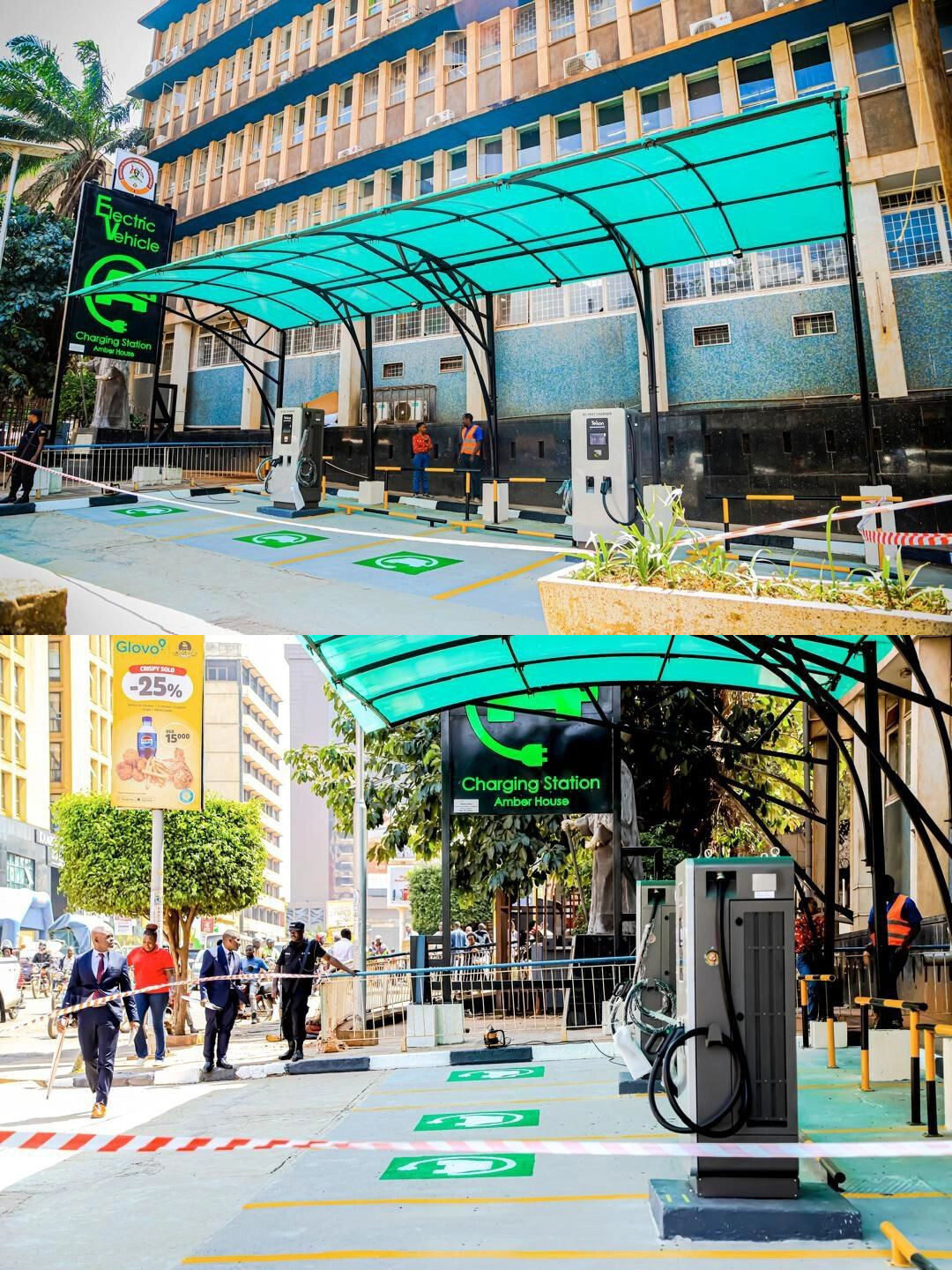On August 6, OMODA & JAECOO, a brand of Chinese automaker Chery Automobile, held
a product launch in Bangkok, the capital of Thailand, and officially launched two electric
vehicles, OMODA C5 EV and JAECOO 6 EV.
Chen Chunqing, vice president of Chery International, said at the launch that Chery
Automobile produces and sells cars in more than 80 countries and regions around the
world. The company's entry into the Thai market aims to provide Thai customers with
new high-quality choices, and the development of the Thai market will provide Chery
Automobile with huge growth opportunities.
In April this year, Chery Automobile announced plans to invest in the construction of an
assembly plant in Rayong Province in eastern Thailand. It is expected to start production
in 2025, with an annual output of 50,000 pure electric vehicles and hybrid electric vehicles
in the first phase, and an annual output of 80,000 vehicles by 2028, for local sales and
export to ASEAN, Australia, the Middle East, etc.
Pailin Teansuwan, secretary to the Minister of Industry of Thailand, said in his speech that
the Thai government attaches great importance to the development of the electric vehicle
industry, and Chery Automobile's launch of electric vehicles in the Thai market is in line with
Thailand's sustainable development policy needs. The launch of the above two electric
vehicles is a good starting point for Thailand and China to further develop the modern
automobile industry through technology transfer, standard innovation, personnel training, etc.
According to the Thailand Board of Investment, Chery Automobile will become the eighth
Chinese automobile manufacturer to invest and build a factory in Thailand. Chinese
automobile manufacturers that have already built factories in Thailand include BYD, Great
Wall Motors, Changan Automobile, GAC Aion, etc.
Thailand is an important automobile producer in Southeast Asia. The Thai government plans
to increase the country's electric vehicle production to 30% of the total automobile production
by 2030.

Related Posts
- China-Africa Automotive Development Forum discusses strengthening cooperation in new energy vehicles
- China-Africa Automotive Development Forum discusses strengthening cooperation in new energy vehicles
- Chinese electric vehicles are accelerating to "drive" to the world
- Chinese Electric Vehicles Are Attacking Overseas Markets in A Big Way!
- International Energy Agency: Global electric vehicle market grows strongly, China continues to lead














